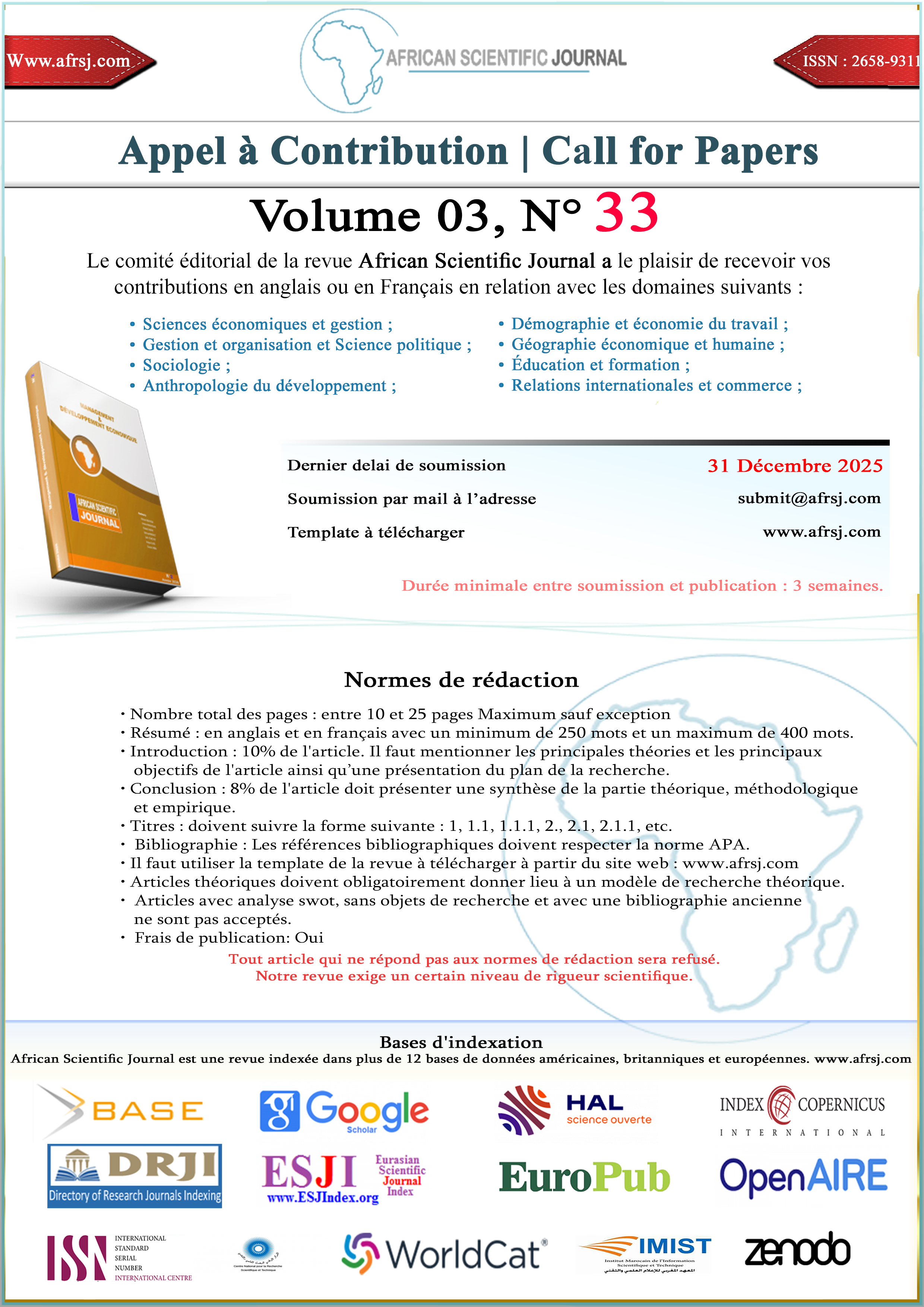Private labels: Conceptual perspective and classification
DOI :
https://doi.org/10.5281/zenodo.10992692Mots-clés :
definition, private label, free products, national brand, the four generations of private labelsRésumé
Abstract
The private label has never been unanimously defined and is not considered a new phenomenon: it was created in 1869 in Great Britain with Sainsbury, and in 1976, the Carrefour group in France launched its first private label, under the anonymous name of "produits libres" as an alternative to national brand products. Afterwards, all competitors followed suit and private labels flooded the shelves. Since then and until today, private labels have not stopped growing and evolving into other forms. We can even talk about four generations of private labels, depending on their historical evolution and scope.
Our methodological approach is based on a literature review to gain a better understanding of private label definitions, while taking into account historical factors linked to the evolution of private label classification.
This study also seeks to confirm these facts through a comprehensive exploratory analysis.
Our results show that in developing countries such as Morocco, private label need to take into account the socio-cultural and economic context in order to market these brands more effectively, especially as they evolve and modernize more and more.
Keywords: definition, private label, free products, national brand, the four generations of private labels
Téléchargements
Publiée
Comment citer
Numéro
Rubrique
Licence
(c) Tous droits réservés African Scientific Journal 2024

Ce travail est disponible sous licence Creative Commons Attribution - Pas d'Utilisation Commerciale - Pas de Modification 4.0 International.





















